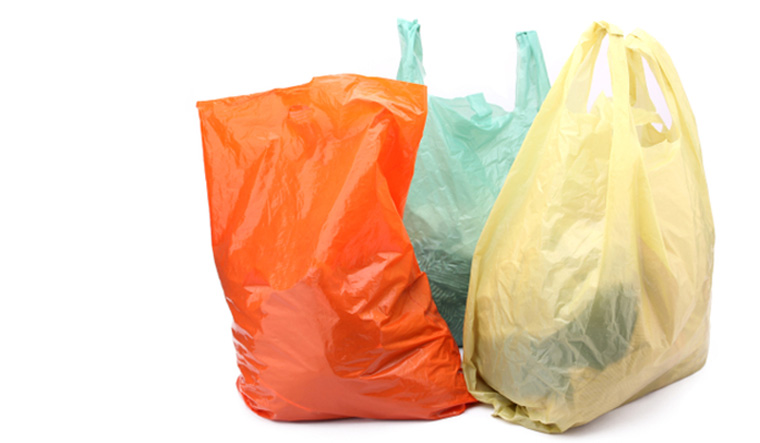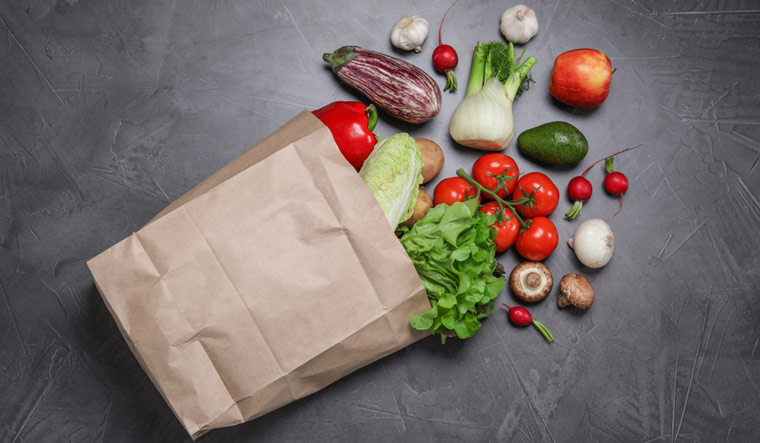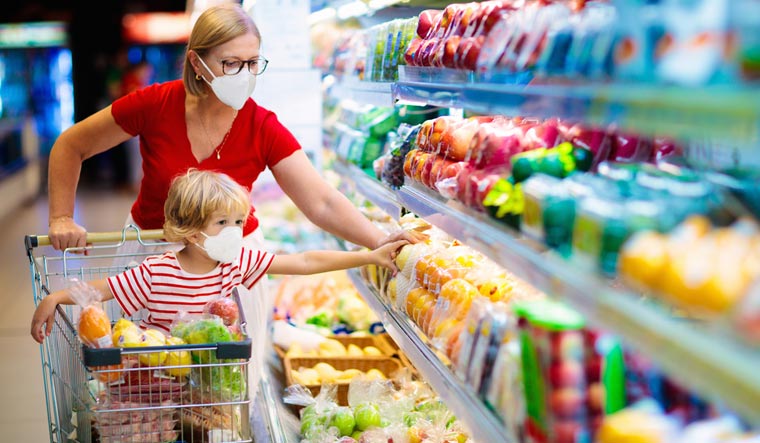New Zealand has become the first country to implement a comprehensive ban on thin plastic bags in supermarkets, effective from this Saturday. The ban represents an expansion of the government's ongoing campaign against single-use plastics, which began in 2019 with the prohibition of thicker plastic shopping bags. In addition to thin plastic bags, the ban will also encompass plastic straws and silverware, as New Zealand aims to tackle its mounting plastic waste issue.

Associate Environment Minister Rachel Brooking highlighted the excessive waste generated by the country, with each New Zealander estimated to dispose of over three-quarters of a ton of waste annually. The 2019 ban on thicker plastic bags alone has already prevented the use of over 1 billion bags in the country. The new ban on thin bags is projected to eliminate a further 150 million bags each year.
Concerns were raised that the ban might lead to a surge in the use of disposable paper bags for collecting fruits and vegetables, undermining the environmental benefits. However, officials determined that the ban remained worthwhile as the goal was to minimize all forms of single-use packaging. Encouraging individuals to bring their own reusable bags and promoting the sale of reusable produce bags in supermarkets will be key strategies. Businesses flouting the regulations could face penalties, although the focus will primarily be on educating the public.
 New Zealand will eliminate single-use paper and plastic carry bags at its shopping malls
New Zealand will eliminate single-use paper and plastic carry bags at its shopping malls
Countdown, a prominent supermarket chain, has taken proactive steps by offering polyester mesh bags that can be washed and reused. These bags have undergone testing to ensure durability for up to 5,000 uses. Countdown's head of sustainability, Catherine Langabeer, acknowledged the challenges of change and noted that while some customers expressed dissatisfaction, others found innovative ways to transport their purchases without relying on plastic.
Critics, however, have questioned the effectiveness of the liberal government's environmental policies, highlighting that the nation's overall greenhouse gas emissions have not decreased since declaring a climate emergency in 2020. Despite such concerns, New Zealand's ban on thin plastic bags and its broader campaign against single-use plastics signify significant strides towards mitigating the country's plastic waste and encouraging sustainable practices among its citizens.


